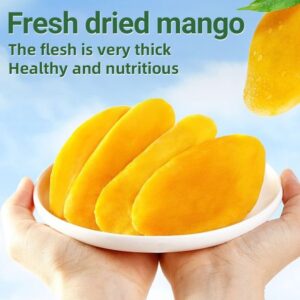Vietnamese organic cinnamon is attracting significant attention in the international market, not only due to its nutritional value and diverse applications but also because it meets the rising demand for organic, health-conscious, and environmentally friendly products. However, along with the opportunities for expansion, the Vietnamese organic cinnamon industry faces several challenges that require exporters to find optimal solutions.
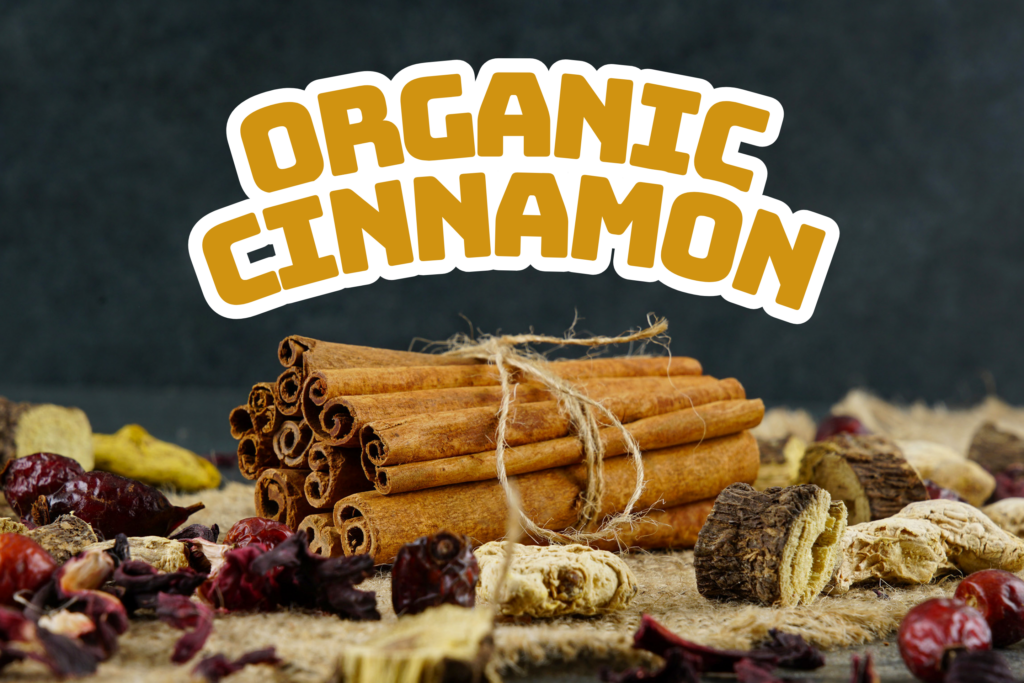
1. Market Potential for Vietnamese Organic Cinnamon
- Increasing Demand for Organic Products: Consumers worldwide are becoming more health-conscious, making organic products like Vietnamese organic cinnamon a top choice. Particularly in major markets like the EU, the U.S., Japan, and South Korea, demand for organic cinnamon is experiencing strong growth, offering substantial export potential.
- Superior Quality and Unique Growing Regions: Vietnam boasts fertile lands in areas like Lào Cai, Yên Bái, and Quảng Nam, where cinnamon thrives, producing high essential oil content and distinctive aroma. Organic cinnamon from these regions is highly regarded and stands out from products in other countries.
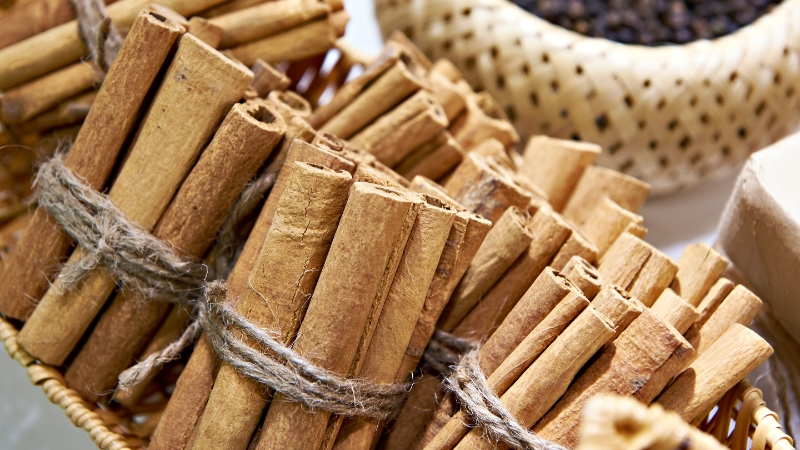
2. Challenges in Exporting Organic Cinnamon
- Meeting Strict International Standards: To access major markets, Vietnamese organic cinnamon must comply with international standards like USDA and EU Organic. Cultivation and production processes must ensure no chemicals or pesticides are used, requiring a stringent quality control system from planting to packaging.
- Competition from Other Countries: Countries like Indonesia and Sri Lanka are also major cinnamon suppliers with competitive pricing. Vietnam needs to create unique values to compete and build its organic cinnamon brand.
- Production Costs and Sustainable Supply: Organic cinnamon farming requires time and effort, resulting in higher production costs than conventional products. Developing sustainable production models and supporting farmers are essential to maintaining a stable supply and reasonable prices.
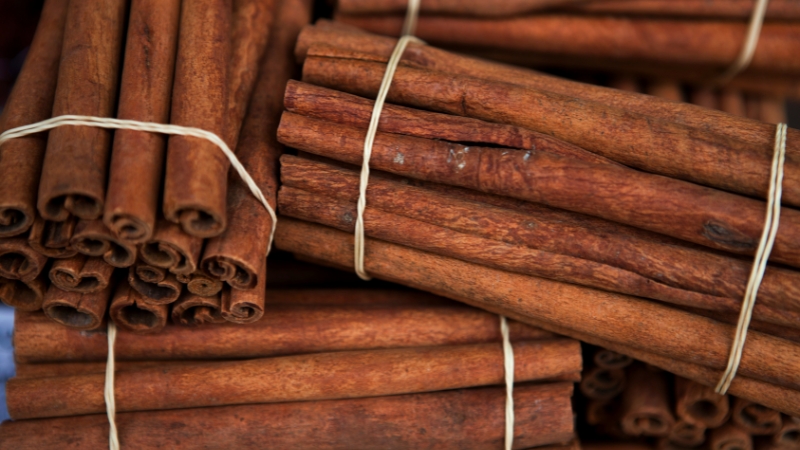
3. Solutions and Development Directions
- Promote Certification and Standardization: Actively obtaining international certifications will help Vietnamese organic cinnamon access premium markets and enhance its credibility internationally. This also affirms the product’s quality commitment to consumers.
- Brand Building and Marketing: Creating a unique brand for Vietnamese organic cinnamon will help distinguish it and attract customers. Leveraging media channels, international trade shows, and e-commerce platforms to promote the product is essential.
- Support and Collaboration with Farmers: Policies to support farmers in organic cinnamon cultivation and building a sustainable supply chain will help reduce production costs, ensuring a stable supply and high product quality.
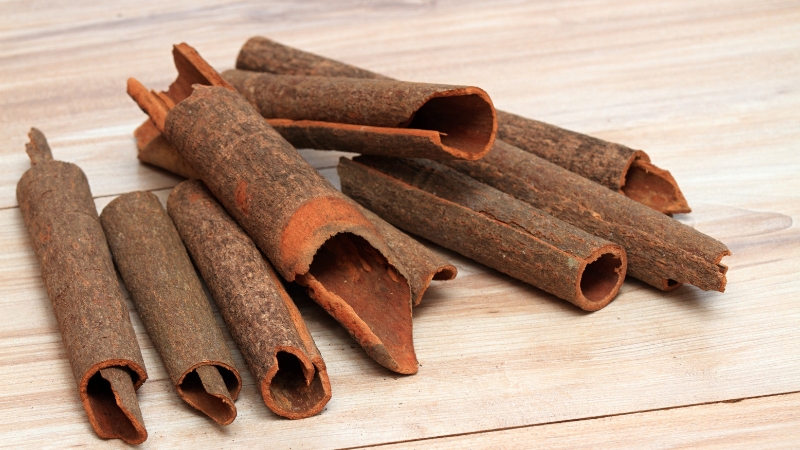
Conclusion
- Exporting Vietnamese organic cinnamon not only opens up vast economic opportunities but also marks a sustainable development step for the agricultural sector. With the right focus on quality and brand building, Vietnamese organic cinnamon will increasingly assert its position in the international market, meeting the growing demand for high-quality, health-safe products.
